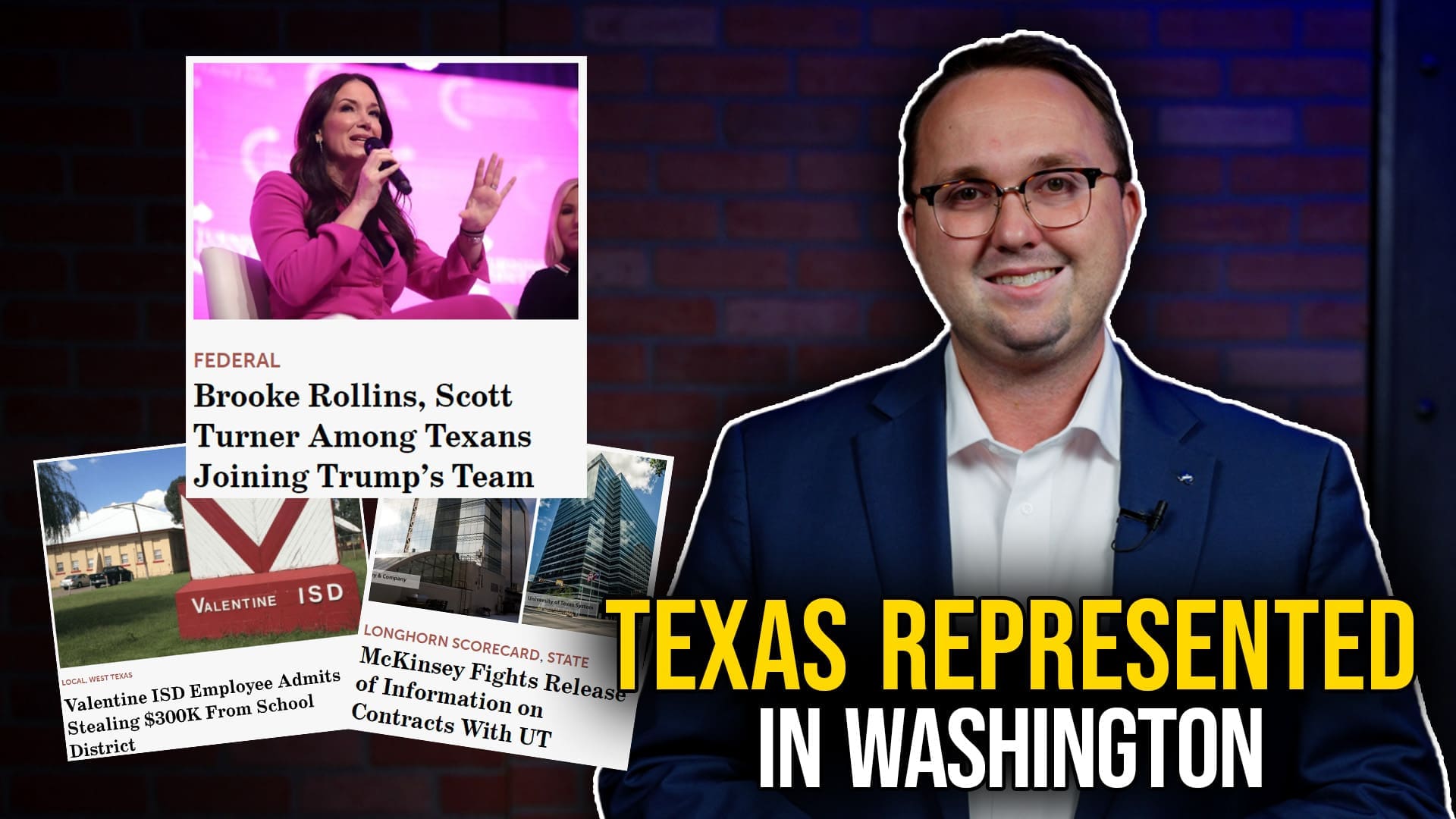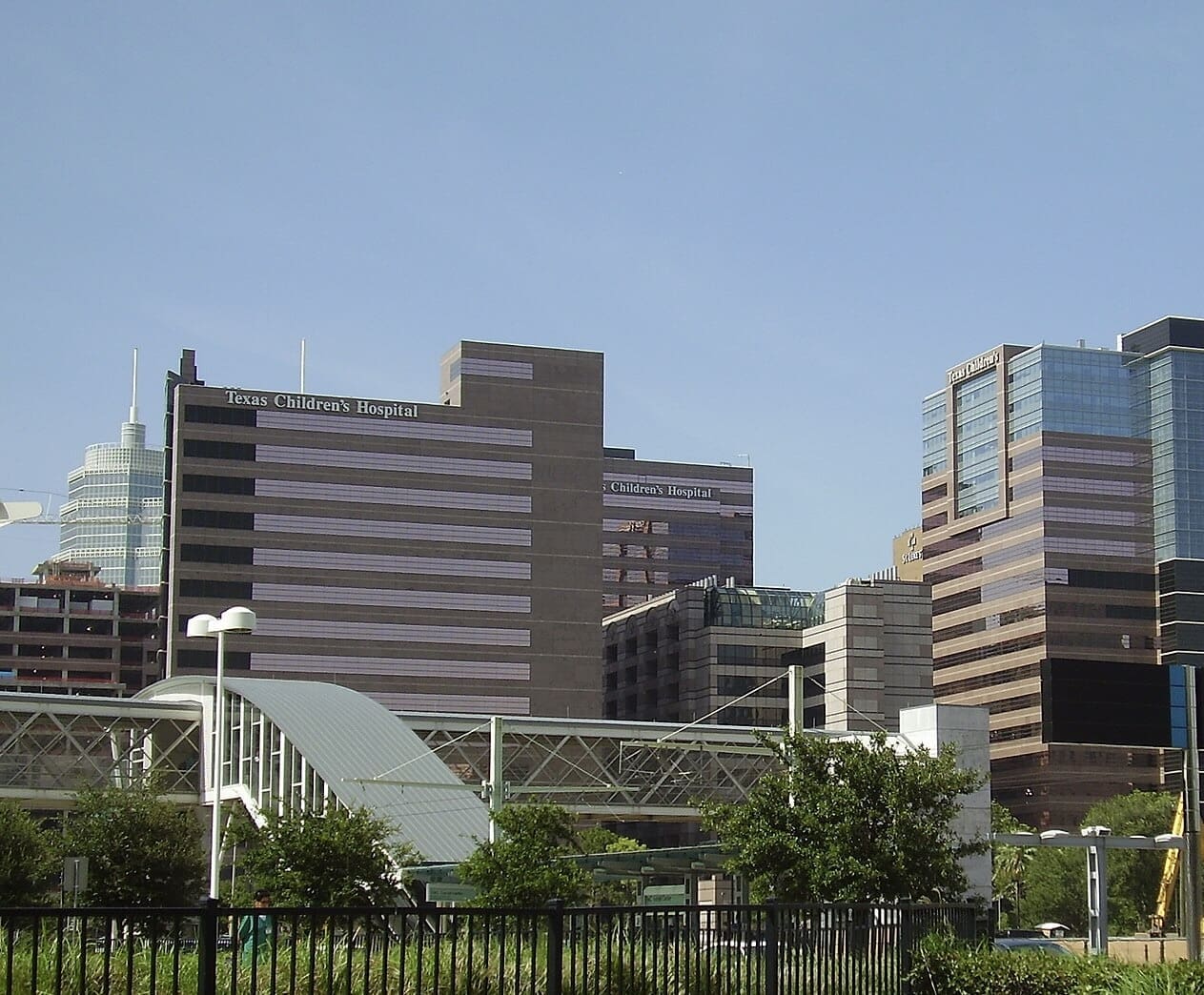Texas voters say that raising taxes and increasing government spending will harm job growth, and they want lawmakers to tackle reforms in government spending. Strong support for spending reform, instead of taxes, extends even to Medicaid.
Baselice & Associates, Inc. was commissioned to study the attitudes and opinions of Texas voters on various fiscal issues. (View the tables here.)
“By an overwhelming majority that cross all ideological, partisan, ethnic and income backgrounds, Texans understand that the state’s economy will suffer if taxes and government spending are allowed to increase,” said the president of Texans for Fiscal Responsibility, Michael Quinn Sullivan.
Specifically, 74 percent of voters share the viewpoint that raising taxes and increasing government spending “will hurt job creation in Texas” and therefore taxes must be kept “the same or lower.” Only 20% share the opposing viewpoint that the government should raise taxes and spend more money to improve the Texas job market.
Agreement that raising taxes and increasing government spending will hurt job creation is the statement selected by 87% of Republicans and 61% of Democrats.
“Raising taxes is like tossing sand in the state’s economic engine,” said Sullivan. “Texans understand that higher taxes combined with increased spending are detrimental to job growth and a stronger economy.”
The fastest growing portion of the budget is health and human services, driven by the federally mandated Medicaid program. Rather than “raise taxes to meet demand” for Medicaid, 66 percent of voters share the view that the program “is not sustainable, and we need to reform Medicaid, not raise taxes.”
This is the majority view held by Hispanics, Anglos, and African-Americans, by men and women, and across all age groups. Notably, even 57% of households making less than $40,000 annually agreed that Medicaid spending must be reformed.
“Voters also want to see public education dollars focused on the classroom,” added Sullivan.
According to the poll, 60 percent of Texans want to see non-classroom expenditures reduced compared to 25% who would prefer to raise taxes so that non-classroom expenditures can be kept at their current levels.
Furthermore, 62% of voters believe children’s education in Texas is more favorably influenced by principals than by superintendents (24%). Meanwhile, 90 percent of Texans think teachers are not overpaid.
“Yet we see news stories almost daily about school districts’ placing teaching jobs at the front of chopping block. It seems the closer someone is to educating a child, the more likely they are to be cut by the school bureaucracy,” said Sullivan. “That’s insulting to Texas’ taxpayers, who want the best for our teachers and children.”
Polling data regarding the political implications of these policy positions will be released on Thursday.



